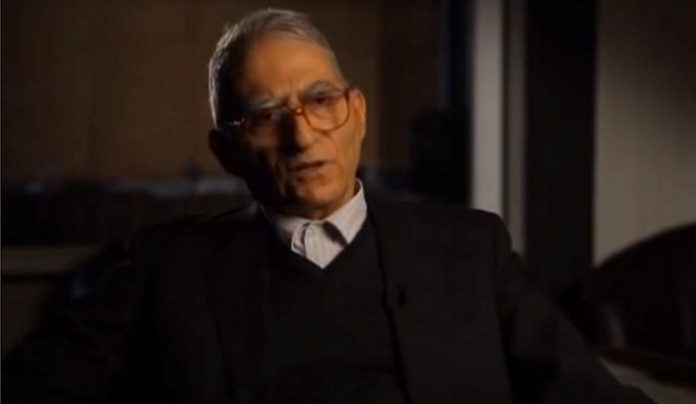Democracy is a historically successful and very popular form of government that places power in the hands of the people, as they elect leaders into position. In a democratic country, decisions are reached through a common vote and power is decentralized, making it appealing to many people. In fact, some of the world’s most successful nations implement this political system. But like any other form of government, a democracy does not come without flaws. Here are its pros and cons:
List of Pros of Democracy
1. Good Citizenship.
In a democracy, citizens have a sense of ownership over what the country does or achieves, which promotes a feeling of obligation and duty towards the common good. People would be more interested in what is happening, if they feel like they can contribute to the change. This political system definitely creates more proactive and stronger citizens.
2. Accountability.
As people are given the power to elect government officials, those who currently hold office are held accountable for their actions. If they want to serve for another term, then they should prove to the people that they deserve it. Otherwise, if they fail to promote the good of the people, then the people would show their disappointment by voting them out of office.
3. Protection for the People.
The whole point of this political system is to place power in the people’s hands, thus protecting their interests. Even when those who are elected are given the authority to make decisions for the country, it is still a fact that the citizens have chosen to vote them into power, which means that they have a tacit agreement to the decisions made.
List of Cons of Democracy
1. Poor Leadership.
The ultimate power lies with the people in a democracy, which can become a problem when people are not properly educated on major issues or do not take the time to assess political candidates and evaluate arguments thoroughly. As people tend to become emotional when making decisions, a charismatic leader would only have little trouble in persuading many people to vote a certain way, even if this ends up being a wrong decision.
2. Inefficiency.
Especially in a large country, the process of vote collection and counting can be very inefficient and unwieldy. And the larger the country becomes, the more this process becomes prone to errors and then deliberate tampering. It would be impossible to reach quick decisions, as the time it takes to see that the elections are carried out correctly is long.
3. Minorities.
Minorities would have no power in a democratic country, and the vote would tend to always go the majority’s way. This aspect would often lead to exploitation of minority groups, and even if it is not deliberate to ignore their voice, this would always happen. This is the reason why political decisions need to be balanced with executive power.
Generally, democracy is a proven and true government system that has made economic and social success, but are all democracies always seeing good things happening? It is truly important to know its pros and cons to have a good idea.
Crystal Lombardo is a contributing editor for Vision Launch. Crystal is a seasoned writer and researcher with over 10 years of experience. She has been an editor of three popular blogs that each have had over 500,000 monthly readers.


















